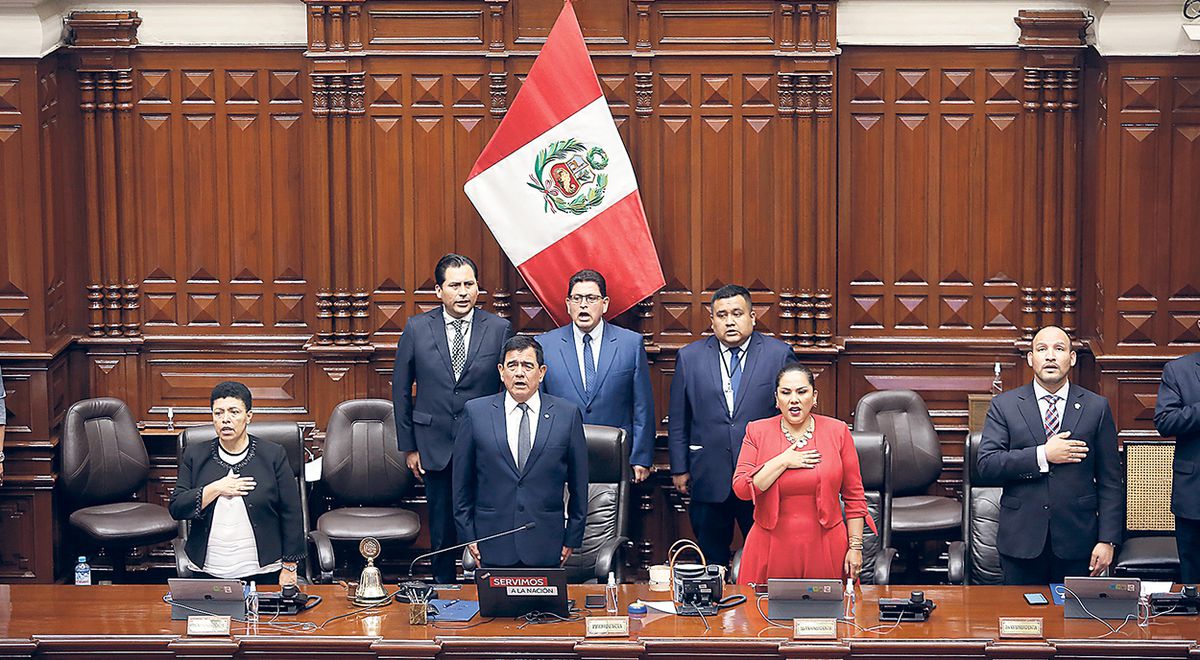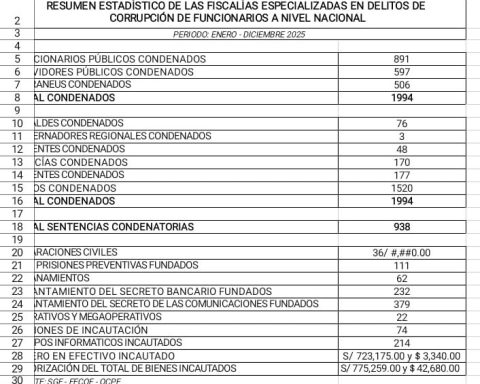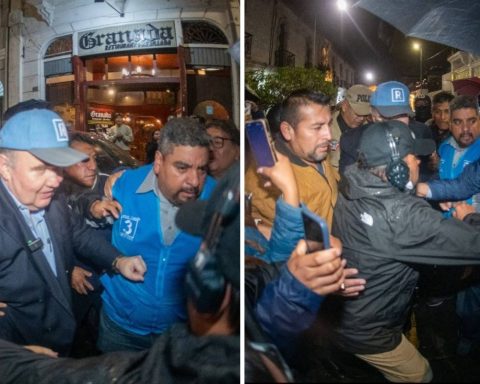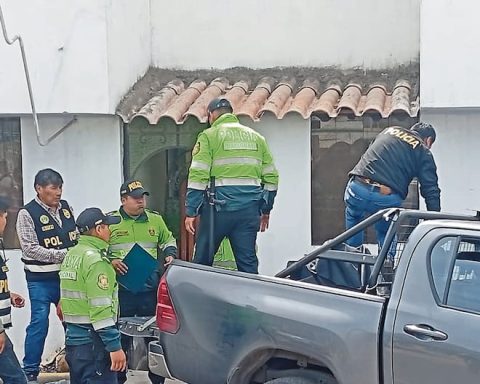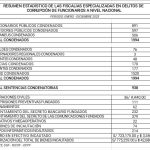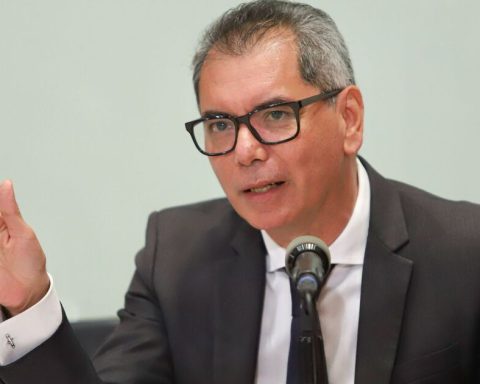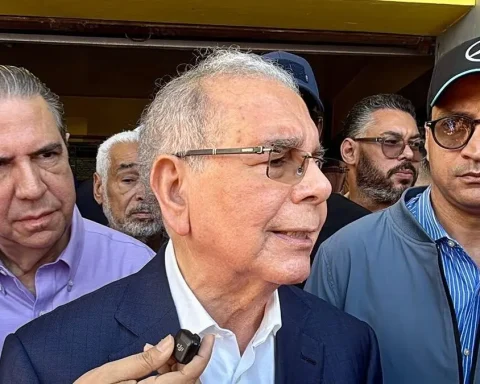The constitutional reform for the advancement of elections in April 2024 still needs to be ratified with at least 87 votes in the second legislature, which possibly begins in February of next year.
But, while that happens, a period of discussion is coming about the electoral and political reforms that should govern this electoral process and also those that will be in force for the new authorities.
The term is short because, if the early elections are approved, Congress only has, according to law, until March –one year before the first round– to approve the reforms that allow a better electoral offer.
The reforms to preserve
In dialogue with La República, the spokesperson for the Citizen Coalition, Álvaro Henzler, stressed that there are two reforms that have already been approved, but that Congress has postponed them in the last general elections, as well as in the regional and municipal ones.
“The two that were postponed with the excuse of Covid-19: the PASO (primary, open, simultaneous and mandatory) and the elimination of preferential voting. A very important element is that these reforms are applied and it is totally feasible to the extent that the elections are called in March, the times fit to carry out the primaries. That is essential, that elections be called and that primaries be allowed, it is not a panacea, but it would help to begin to experience internal democracy in the parties,” Henzler emphasized.
The PASO are a modality of internal elections with which the political parties are obliged to summon the citizens –not only their militants– to participate in the election of their candidates.
CC proposals
Also, there are pending issues to be discussed. Henzler stressed that the Citizen Coalition has presented seven reform proposals (see table): that up to a maximum of four candidates who add up to 55% of the vote go to the second round, eliminate the dissolution of the Legislative Assembly, prevent those sentenced for civil service offenses from running, incorporate an indigenous or native electoral constituency, that the election of the Constitutional Court (TC) is not in the hands of Congress and change permanent moral incapacity as grounds for vacancy due to physical or mental incapacity.
“We have a strategy on three fronts: the incidence before the Government of Dina Boluarte, who announced a reform law; the incidence before the political parties in Congress and we are going to continue with the collection of signatures (to present their bills)”, added Henzler.
As is known, the Citizen Coalition integrates the Transparency Civil Association and International IDEA.
Iván Lanegra, secretary of the Civil Transparency Association, asks “not to go back on the reforms that have been approved.” “I think there is a very big risk of that happening and it must be prevented,” he warned.
Let us remember that one of the arguments of the benches to support that the new elections be held in 2024 is that in this way the electoral calendar will be respected and, therefore, its stages, which include open and mandatory primaries.
For Lanegra “it would be an open contradiction of Congress” to try to postpone the application of this reform for the eventual electoral process of 2024.
Another important point, highlighted Percy Medina, from International IDEA, is not allowing parties to continue being surrogates. Usually, Parliament approves transitory provisions that allow candidates to register on the last day of the term and apply without having even been a year of militancy in the group with which they participate.
“In practice, the parties do not resort to their own affiliates and have affiliated their potential candidates. It is a way to get around the law and accommodate. In practice they are having franchises,” lamented Medina.
what’s coming
In Parliament, the right-wing groups of Fuerza Popular, Avanza País and Renovación Popular are promoting bicamerality, congressional re-election and the departure of the representatives of the National Elections Board (JNE), ONPE and Reniec.
While on the left they insist on the project to include a referendum for a constituent assembly in the eventual elections of April 2024.
Both initiatives, from the right and the left, as they are constitutional reforms, require 87 votes in two plenary sessions and in two different ordinary legislatures. No one has enough votes.
But that will not justify intransigent positions. The protests and the lives lost this month deserve that these political forces reach a consensus to ratify the early elections in the following semester.
Citizen Coalition Proposals
1. That the candidacies with the highest number of votes go to the second presidential round, up to 55% of the votes, with a maximum of 4 candidates.
2. That the Congress be elected in the second round, after knowing which presidential candidacies pass to this phase.
3. Renewal by halves of the Congress in the middle of the term. Elimination of dissolution of Parliament. Re-election for an additional parliamentary term.
4. Prohibition of those convicted of serious crimes from running for public office or to work in the State, as well as financing or joining political parties, even if they have already served their sentence.
5. Incorporate at least one indigenous or indigenous parliamentary constituency and develop electoral mechanisms that make this possibility viable.
6. Election of members of the Constitutional Court via public contest by an entity independent from Congress. Election under rules that allow plurality and independence.
7. Change vacancy due to proven permanent physical or mental disability of the president and that he can be accused and dismissed for very serious crimes of corruption, abuse of power or organized crime after investigation by the National Prosecutor’s Office with guarantees of due process.
reactions
Percy Medina, International IDEA
“It is important to give complementary norms to apply the primaries. Also give the necessary regulations so that new political organizations can enter and register”.
Iván Lanegra, Transparency
“The changes have to be made before the electoral process is called. We must not go back on reforms that have been approved. I think there is a very big risk of that happening.”
keys
Against parity. The parties have promoted parity and alternation in their lists of candidates, but the preferential vote prevents the results in the congressional elections from also being equal.
Deadlines. Elections are called 270 days before the first round of elections is held.
